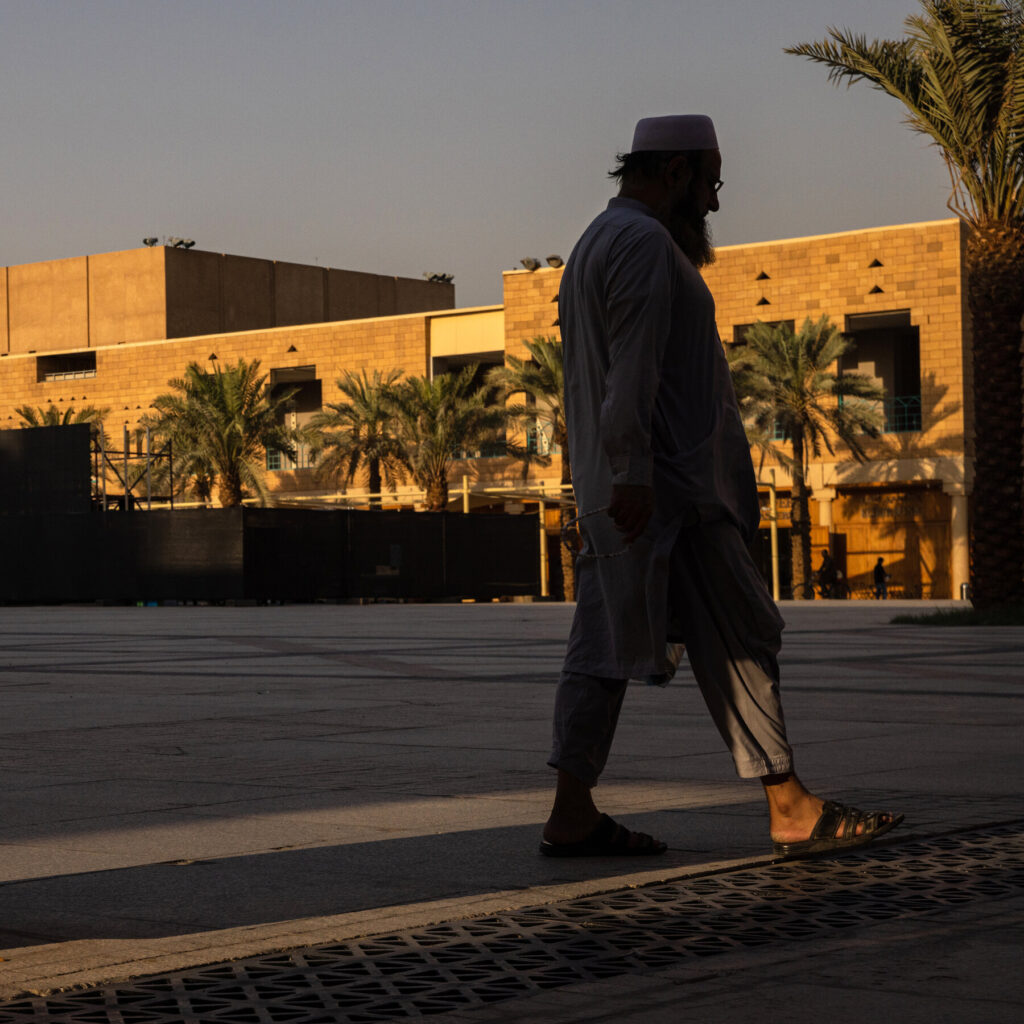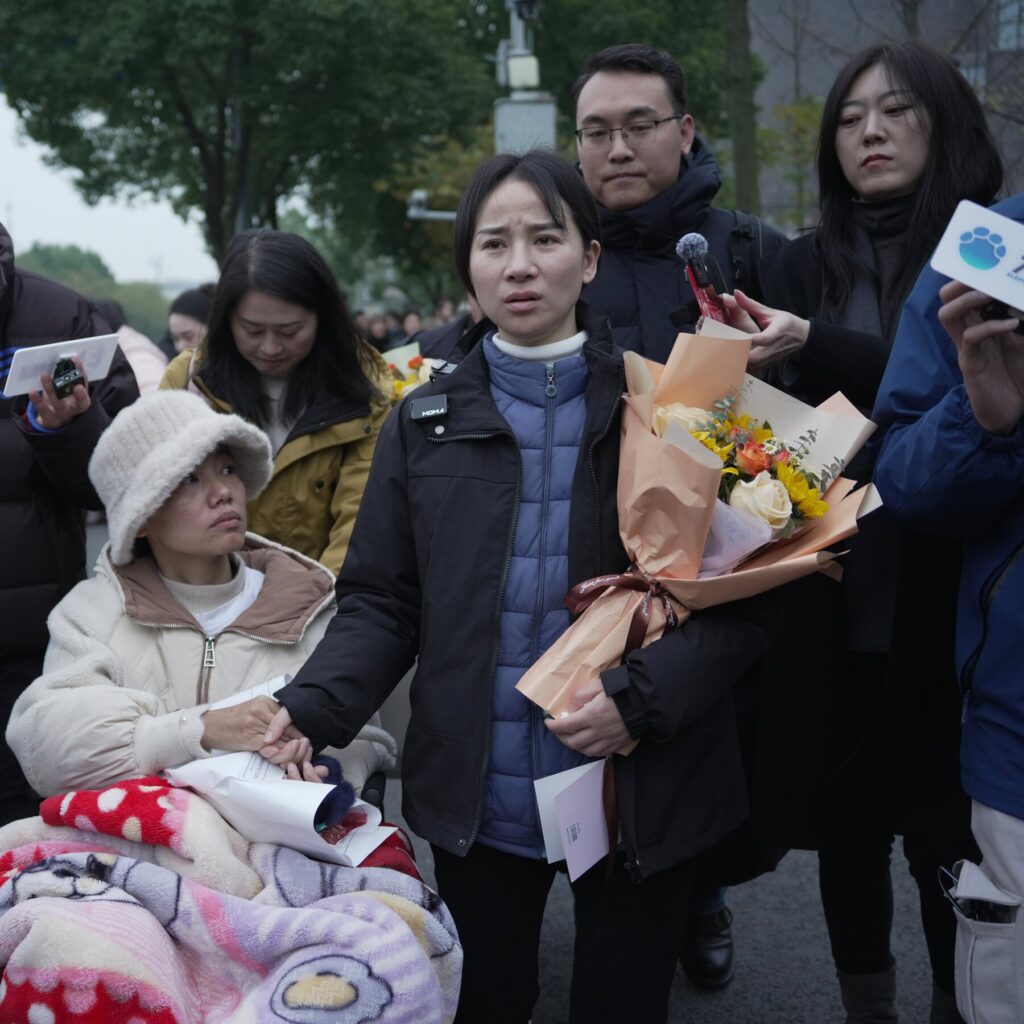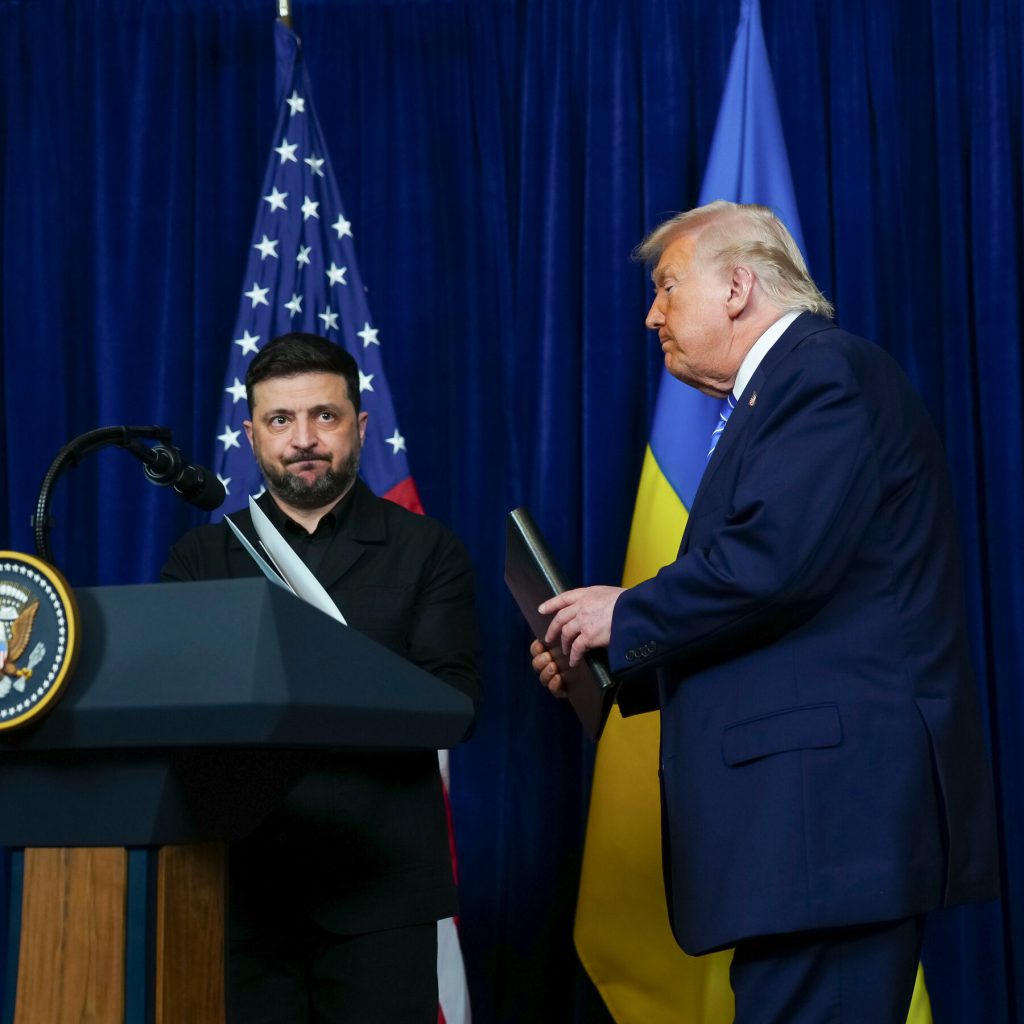As Saudi Arabia Cracks Down on Drugs, Executions Near a Record High

Saudi Arabia’s war on narcotics has entered a new, grim phase. Confronted with a flood of amphetamine tablets—most notably the potent “captagon” pills that have been smuggled into the kingdom in staggering quantities—authorities have responded with a sweeping crackdown that has pushed the number of executions to near‑record levels.
Over the past year, the Saudi justice system has sentenced hundreds of people to death for drug‑related offenses. A striking proportion of those executed are foreign nationals, many of whom were convicted of low‑level trafficking or “courier” roles rather than large‑scale smuggling operations. The government’s stance reflects a zero‑tolerance policy: anyone caught moving even small quantities of the illegal stimulants can face the ultimate penalty.
The surge in capital punishment follows a series of high‑profile seizures. Customs officials reported confiscating more than 922 kg of prohibited substances in the last twelve months, including over 20 million amphetamine tablets. In one notable bust, Saudi authorities, in cooperation with Syrian officials, foiled an attempt to smuggle 200,000 pills across the border. These operations underscore the scale of the problem and the lengths to which the kingdom is willing to go to stem the tide.
Beyond the courtroom, the crackdown is accompanied by a broad public‑awareness campaign. Events in Riyadh, Asir and other regions aim to educate citizens about the dangers of drug abuse, while the Zakat, Tax and Customs Authority urges the public to report suspicious activity. Officials argue that harsh penalties are necessary to deter traffickers and protect Saudi society from the corrosive effects of drug addiction.
Human‑rights groups, however, have voiced deep concerns. They argue that the use of the death penalty for low‑level offenders does little to address the root causes of drug demand and may violate international standards of justice. Critics also point out that many of those executed lack adequate legal representation and that the swift, often secretive, proceedings leave little room for appeal.
Nevertheless, Crown Prince Mohammed bin Salman and senior security officials remain steadfast. They contend that the “hard line” is essential to preserve public morality and to send a clear message to regional traffickers that Saudi Arabia will not tolerate the infiltration of narcotics into its borders.
As the kingdom continues to grapple with the amphetamine surge, the balance between punitive enforcement and preventive health measures remains a contentious issue. While the execution figures climb, the broader debate over the most effective—and humane—strategy to combat drug trafficking in Saudi Arabia is far from settled.



